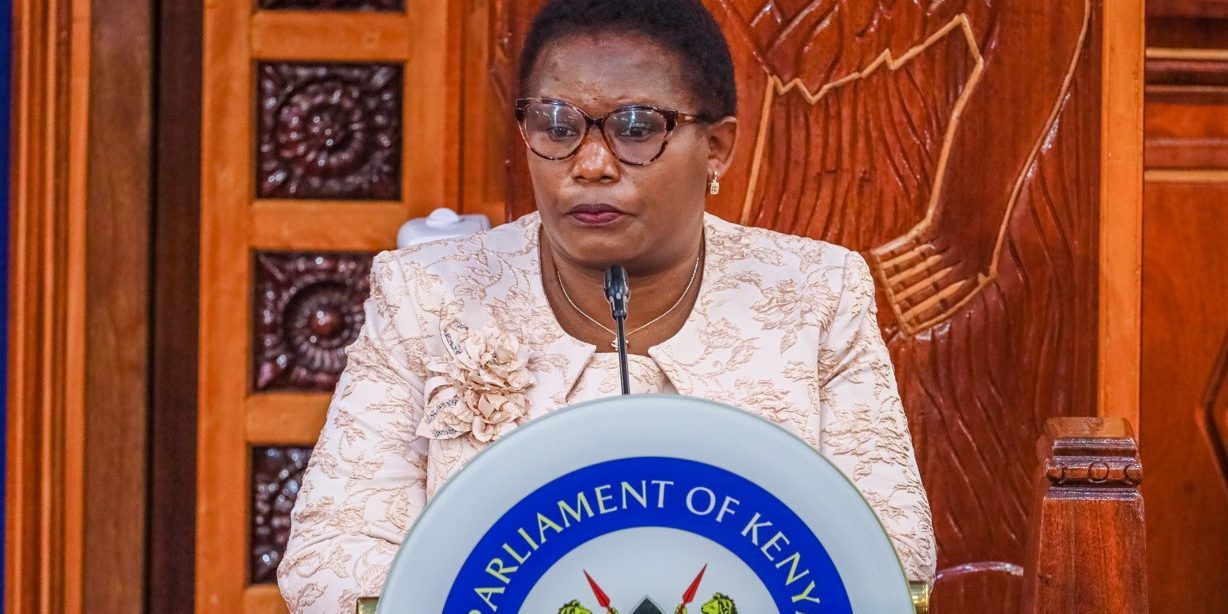Time for reforms: Ensuring timely resolution of impeachment and election – related petitions

By Mwingirwa Linguli
The phrase “Justice delayed is justice denied,” often attributed to Martin Luther King Jr., encapsulates a profound truth about justice and its critical role in society. It serves as a reminder that justice must be delivered promptly for it to hold any real meaning.
Significant delays in legal processes, social interventions, or personal grievances can lead to feelings of deprivation among individuals, ultimately undermining their rights and entitlements.
In a vibrant democracy, the integrity and functionality of the electoral process are paramount. However, the current extended timelines for adjudicating impeachment and election-related petitions in Kenya seriously jeopardize the democratic principles of accountability and representation.
Citizens and public figures alike find themselves ensnared in a web of uncertainty, which erodes trust in our democratic institutions. It is imperative that the Parliament of Kenya take decisive action to reform existing laws, ensuring these petitions are resolved expeditiously – ideally within a six-month timeframe.
At its core, democracy must be responsive to the will of the people. Prolonged delays in impeachment and election petition proceedings risk distorting electoral outcomes, undermining public confidence in elected officials, and creating a governance vacuum that affects society at large.
Moreover, elected officials entangled in lengthy impeachment processes operate under a cloud of suspicion, detracting from their ability to effectively serve their constituents. It is akin to a ship anchored in a storm, unable to navigate turbulent seas.
A streamlined resolution process is not merely a procedural necessity; it is fundamental for fostering accountable governance.
Consider the case of the impeached Meru County Governor, Kawira Mwangaza. Prolonged legal battles have not only created uncertainty around her leadership but also stifled crucial governance and development initiatives in the county.
Such delays contribute to a sense of unrest among the public, complicating an already volatile political landscape.
Now is the time for both Parliament and the Judiciary to rise to the occasion and establish clear timelines for resolving these critical cases, enhancing efficiency and upholding accountability within our legal system.
As Ecclesiastes 3:17 reminds us, “God will judge the righteous and the wicked, for there is a time for every matter and for every work.” When justice takes too long, the very fabric of democracy begins to fray.
Moreover, the protracted nature of our current procedures could lead to voter fatigue and diminished civic engagement. When the status of elected officials remains unresolved for extended periods, disillusionment sets in among the electorate.
Psalm 82:3 urges us to “Give justice to the weak and the fatherless; maintain the right of the afflicted and the destitute.” By ensuring that elections and related petitions are addressed promptly, government organs can revitalize democratic participation, empowering citizens to hold their representatives accountable in real-time.
In closing, I affirm that King’s words serve as a moral and ethical call to ensure that justice is served swiftly. Justice is not merely a legal concept; it is a fundamental human right. Society has a duty to protect and uphold individual rights, necessitating active efforts to eliminate delays in justice.
King’s message was a call for societal change, urging individuals and leaders to take action against injustices instead of accepting them as the status quo.
His statement resonates as a rallying cry for advocates of civil rights, prompting them to advance reforms that facilitate the quicker resolution of grievances. True justice must be accessible and timely to hold any real value in our lives.
The time for reform is now. Parliament and the Judiciary play critical roles in shaping the health of our democracy through the timely resolution of impeachment and election-related petitions.
By enacting these proposed changes, these institutions will not only enhance the functionality of democratic processes but also restore public confidence in government.
An empowered citizenry – armed with the knowledge that their representatives can be swiftly held accountable – will strengthen the rule of law and uphold the principles of our democratic society.
The challenges are substantial, but the opportunity for fostering a robust and resilient democracy for future generations is equally immense, echoing the wisdom of Proverbs 21:15: “When justice is done, it is a joy to the righteous, but terror to evildoers.”
Mwingirwa Linguli is The Communications Director,
Methodist Church in Kenya

